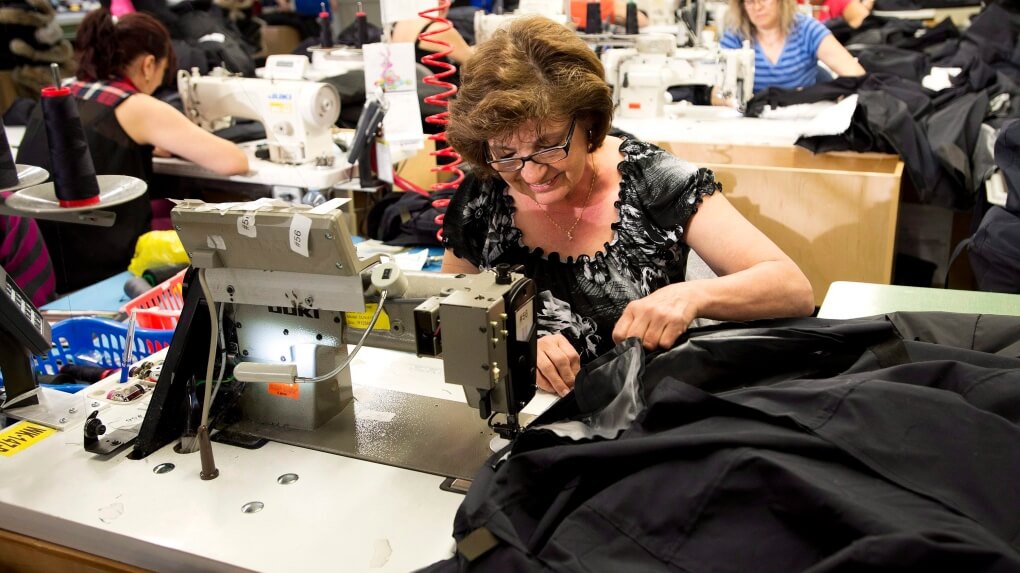In recent years, the apparel contract manufacturing industry in India has witnessed significant growth and emerged as a major player in the global market. With its abundant resources, skilled workforce, and competitive advantages, India has become a favored destination for international brands and retailers looking to outsource their manufacturing processes. This article delves into the various aspects of the apparel contract manufacturing industry in India, highlighting its strengths, challenges, and growth potential.

Understanding Apparel Contract Manufacturing
Apparel contract manufacturing refers to the practice of outsourcing the production of clothing and textile products to specialized manufacturers. Companies that engage in apparel contract manufacturing, often referred to as original equipment manufacturers (OEMs), collaborate with brands and retailers to bring their designs to life. These OEMs handle the entire production process, including sourcing materials, cutting, stitching, quality control, and packaging.
India’s Competitive Advantages
India possesses several competitive advantages that have contributed to its rise as a prominent player in the global apparel contract manufacturing industry.
Cost Efficiency: India offers competitive manufacturing costs due to its lower labor costs compared to many developed countries. This cost advantage allows brands to achieve significant savings in their production expenses without compromising on quality.
Skilled Workforce: The country boasts a large pool of skilled and semi-skilled workers with expertise in various aspects of garment manufacturing. From pattern-making to stitching and finishing, Indian workers demonstrate a high level of craftsmanship and attention to detail.
Abundant Resources: India is rich in natural resources such as cotton, silk, jute, and wool, making it an ideal location for textile production. The availability of raw materials domestically reduces dependency on imports, ensuring a stable supply chain for manufacturers.
Robust Infrastructure: Over the years, India has made significant investments in infrastructure development, including industrial parks, manufacturing zones, and logistics networks. These advancements have improved efficiency and reduced lead times for manufacturers, making India an attractive choice for apparel contract manufacturing.
Challenges and Solutions
While the apparel contract manufacturing industry in India has witnessed tremendous growth, it is not without its challenges. Addressing these challenges is crucial for sustained progress and further expansion. Here are some key hurdles faced by the industry:
Infrastructure Bottlenecks: Despite significant improvements, certain infrastructure bottlenecks still exist in India. Issues such as power shortages, inadequate transportation networks, and bureaucratic hurdles can hinder the smooth operation of manufacturing units. The government and industry stakeholders are actively working to overcome these challenges by investing in infrastructure development and streamlining regulatory processes.
Supply Chain Management: Efficient supply chain management is vital for successful contract manufacturing operations. India, being a vast country, faces logistical complexities. However, the adoption of technology-driven solutions, such as real-time tracking systems and optimized inventory management, can help streamline the supply chain and minimize disruptions.
Skill Upgradation: While India boasts a skilled workforce, the industry’s rapid evolution demands continuous skill upgradation. Collaborations between manufacturers, educational institutions, and government bodies can facilitate specialized training programs and certifications, ensuring a competent workforce capable of meeting global quality standards.
